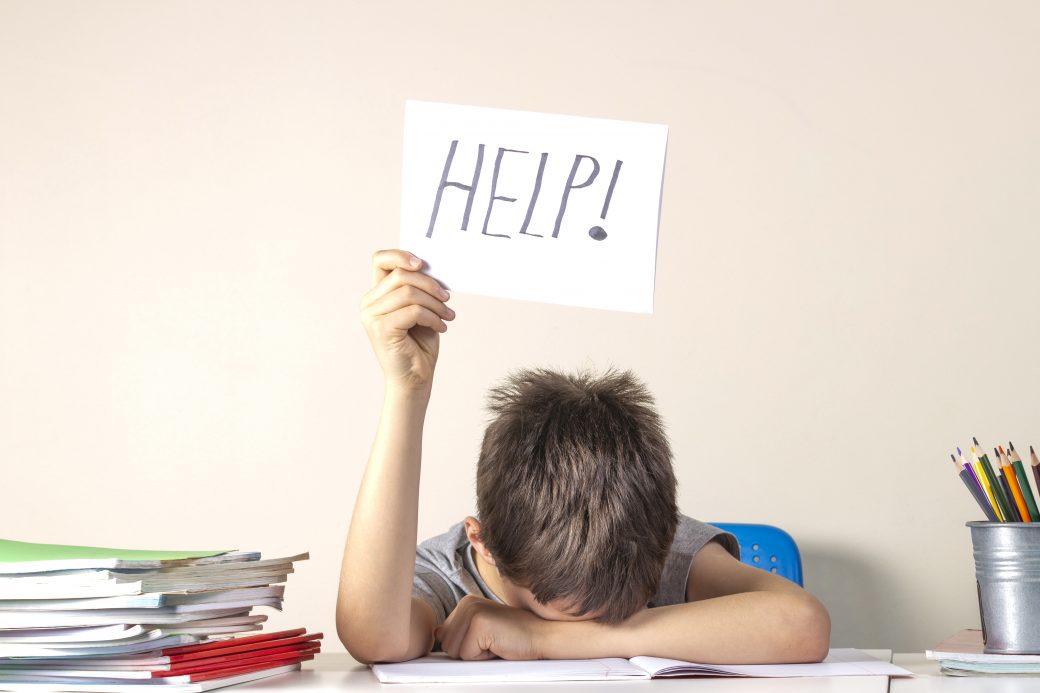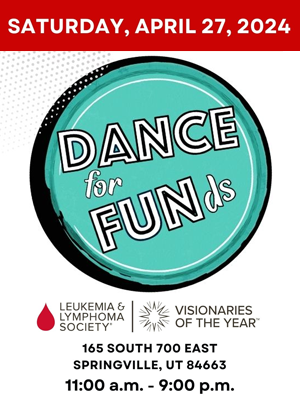5 Behavioral Disorders in Children You Didn’t Know Could Be Fixed
For parents coping with behavioral disorders in children, everyday life can become a struggle. There are drug-free programs that can help.
By FM 100.3 Staff on November 4, 2021
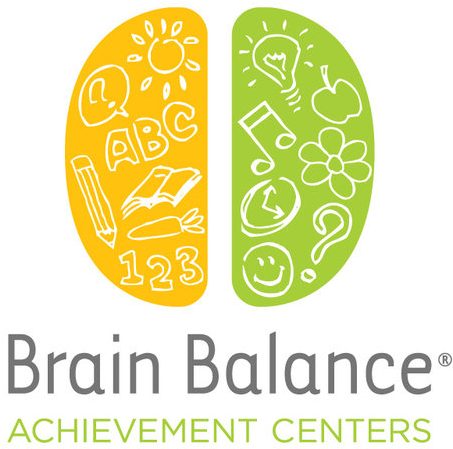 This article about how to work with behavioral disorders is sponsored by Brain Balance.
This article about how to work with behavioral disorders is sponsored by Brain Balance.
For parents coping with behavioral disorders in children, everyday life can become a struggle. Your child may struggle academically and socially. They may still throw tantrums even though they’re ‘too old’ for that. They may even have problems with aggression and sometimes pose a direct threat to their siblings and other children.
This can be frustrating because you love your child. Even though they may have behavioral problems, you know there’s nothing wrong with them, they just have different needs.
However, help is out there. A new clinical methodology, based on the idea that the brain can change, addresses many behavioral disorders and teaches children new coping mechanisms for their individual needs.
Here are 7 behavioral disorders Brain Balance can treat through strengthening neural pathways, using sensory input, and focusing on physical development, academics, and nutrition.
1. Autism Disorder
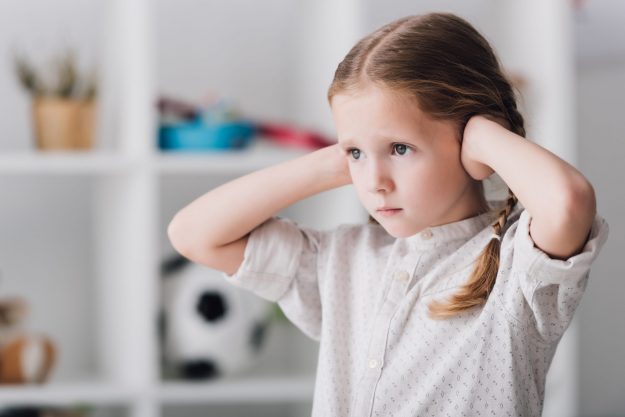
Autism Spectrum Disorder can come with its own array of challenges. From trouble connecting to sensory processing issues, learning problems, and socially challenging behavior, children with autism can leave their parents at a loss for what to do.
However, research shows that there are ways to create permanent change in the brain, even in patients with autism. This creates lasting change and helps children develop new behavior patterns, significantly limiting the symptoms of Autism Spectrum Disorder.
Additionally, parents of children who completed therapy through Brain Balance reported a 50% improvement in their children’s social confidence.
2. ADHD & ODD
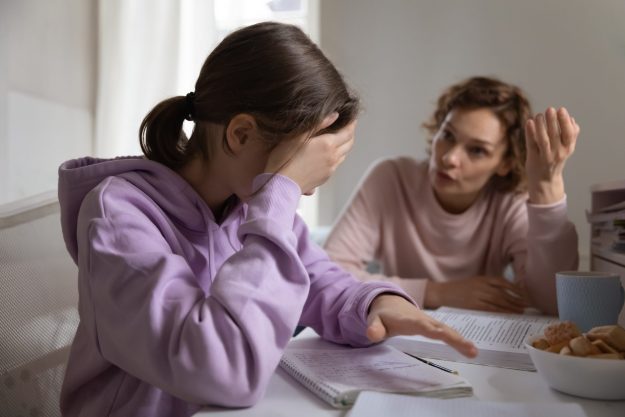
Attention Deficit Hyperactivity Disorder (ADHD) and Oppositional Defiant Disorder (ODD) are two similar types of behavioral disorders that can pose significant challenges for parents and children alike.
Characterized by a lack of impulse control and inappropriate levels of inattention or hyper-focus, ADHD can lead to significant behavioral and social issues if left untreated. Additionally, these two disorders can go hand-in-hand. And they can make things even more challenging.
ODD is characterized by a longtime pattern of defiant, hostile, and uncooperative behavior, especially directed toward people of authority.
Many parents end up medicating their children who have ADHD and/ or ODD, in an effort to control outbursts of anger and aggression and ensure proper academic performance. However, medication does not teach children healthy coping mechanisms and can result in full-grown adults who don’t know how to control their impulses without a prescription.
However, after completing child cognitive therapy and parenting classes at Brain Balance, parents of children with ODD saw an average of a 43% improvement in their child’s behavior.
3. Processing Disorders
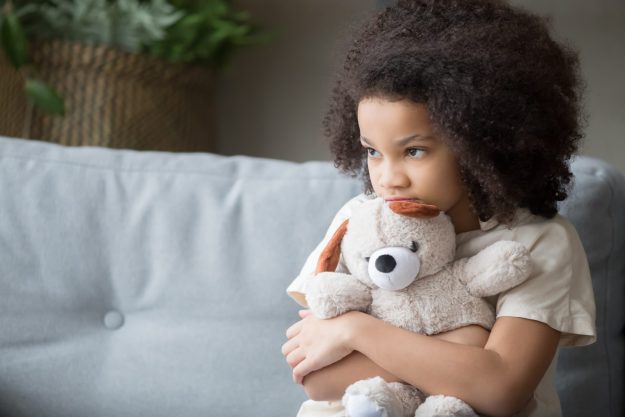
Processing disorders have been linked to many different kinds of behavioral issues. That includes autism and ADHD. Children with processing disorders can easily become overwhelmed by lights, sounds, or situations, and can act out when experiencing a processing overload.
There are several different kinds of processing disorders, including auditory, visual, and sensory processing. All of these disorders are challenging and require a methodology for helping children learn to cope with their specific sensory needs.
It can also be challenging to reach a conclusive diagnosis or find help for children experiencing these issues. Fortunately, through cognitive, physical, and sensory activities, therapists at Brain Balance have found ways to help children with processing disorders.
Additionally, after treatment in the Brain Balance program, parents reported a 60% increase in overall happiness.
4. Learning Disorders
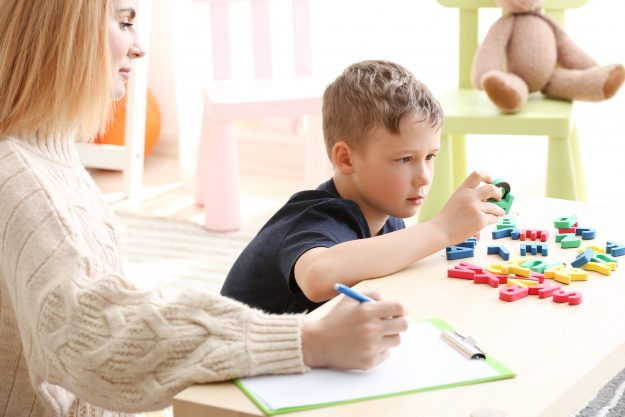
There are many types of learning disorders, including Dyslexia, Dysgraphia, Dyscalculia, and Dyspraxia. These disorders cause children to process information differently than their peers.
Children with these disorders often have above-average intelligence. However, their academics can suffer because they have different needs when it comes to how they receive, process, store, respond to, and communicate information.
Brain Balance’s program exercises and activities are uniquely designed to build new neural pathways and strengthen existing connections that are vital to regulating these types of disorders. With new, more efficient, and more effective connections in the brain, children vastly improve in their ability to regulate executive functions and complete cognitive tasks.
In families who completed the Brain Balance program, parents reported a 50% improvement in their children’s ability to retain academic information.
5. Behavioral Disorders
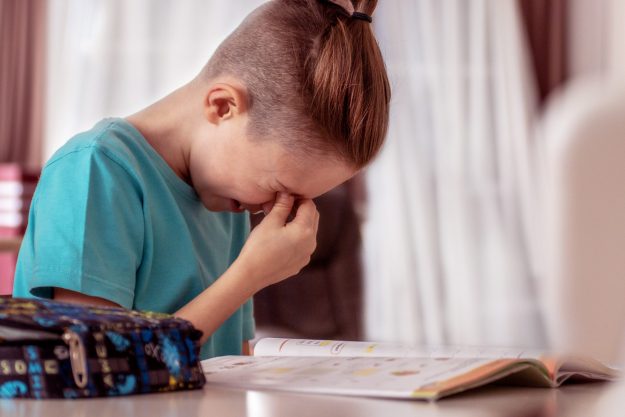
The above disorders aren’t the only types of behavioral disorders children can experience. Even without an existing disorder like ADHD or Autism Spectrum Disorder, children can still exhibit symptoms of anxiety, depression, defiance, frequent and severe tantrums, manipulative behavior, and other challenges.
It doesn’t mean your child is ‘bad,’ or that there’s something wrong with them. However, it does likely indicate that your child is struggling to process something emotionally, cognitively, or on a sensory level.
These issues can severely impact a child’s relationships, school experience, learning abilities, and self-esteem.
In addition, after treatment in the Brain Balance program, parents reported a 40% improvement in their children’s anxiety symptoms.
Help for Parents Experiencing Behavioral Disorders in Children

There’s help out there for parents struggling with behavioral problems in their kids. Whether you’re wondering how to help a child with ADHD without medication, or you want to address your child’s
Behavioral problems in children can present lifelong challenges. There are ways to help children learn lifelong coping mechanisms through the clinically researched methodology and brain function therapy. This way, they can learn to function appropriately in society and build lasting, meaningful relationships just like anyone else.
Plus, your own relationship with your child will improve without the strain of constantly battling their behavioral disorder.
About Brain Balance:
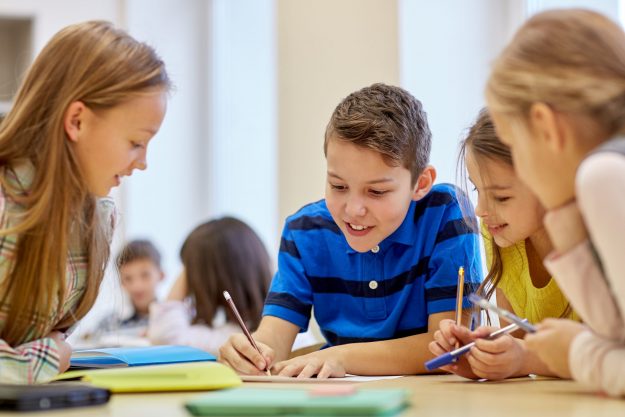
Brain Balance Achievement Centers offer a personalized, drug-free program designed to improve focus, behavior, social skills, anxiety, and academic performance.
Their focus is on understanding the struggles these children experience and helping them develop and strengthen the connections needed to help those struggles.
Brain Balance is currently engaged in a number of studies with research partners including Harvard, Cambridge Brain Sciences, and UCSF
Related articles:

